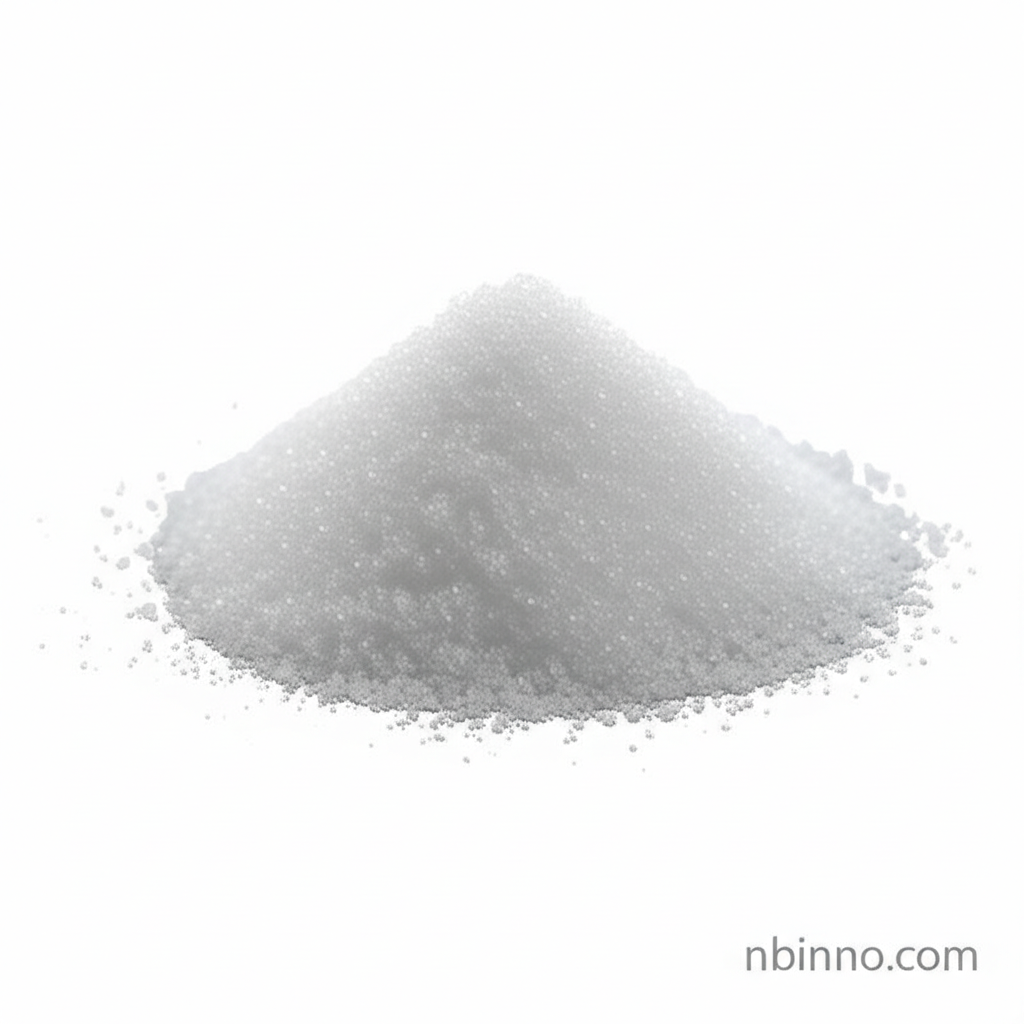Memantine Hydrochloride: A Key Player in Neurological Health
Discover the therapeutic potential of Memantine Hydrochloride as an NMDA receptor antagonist for cognitive enhancement.
Get a Quote & SampleProduct Core Value

Memantine Hydrochloride
Memantine Hydrochloride is a crucial pharmaceutical intermediate, primarily recognized for its role as a low to moderate affinity non-competitive N-methyl-D-aspartate (NMDA) receptor antagonist. Its unique mechanism helps to mitigate glutamate-induced excitotoxicity, offering a promising avenue for treating neurodegenerative conditions.
- Exploring the unique memantine hydrochloride mechanism of action reveals its potent ability to regulate neurotransmission.
- Delve into the applications of memantine hydrochloride for Alzheimer's disease and its impact on patient outcomes.
- Understand the broad therapeutic advantages of NMDA receptor antagonist benefits in managing neurological disorders.
- Learn about the significance of pharmaceutical intermediates for cognitive function in developing advanced treatments.
Key Advantages Offered
Enhanced Cognitive Function
Memantine Hydrochloride is instrumental in improving cognitive function, offering hope for individuals facing conditions like Alzheimer's disease by supporting memory and learning processes, as suggested by studies on treating neurodegenerative diseases with memantine.
Neuroprotection
By blocking excessive NMDA receptor activation, this compound aids in preventing neuronal damage and apoptosis, contributing to its neuroprotective properties in various neurological research contexts, often discussed in relation to memantine hydrochloride chemical properties.
Therapeutic Versatility
Beyond Alzheimer's, research explores its potential in other neurological conditions, making it a valuable compound for advanced therapeutic development and an essential component in understanding memantine hydrochloride for Alzheimer's disease.
Key Applications
Pharmaceutical Manufacturing
As a critical pharmaceutical intermediate, Memantine Hydrochloride is synthesized for use in the production of medications targeting central nervous system disorders, aligning with the importance of pharmaceutical intermediates for cognitive function.
Chemical Industry
Its unique chemical structure and properties make it a subject of interest in the broader chemical industry for various synthesis and research applications.
Laboratory Research
Widely used in academic and industrial research settings to study NMDA receptor function, neurotoxicity, and potential new treatments for neurological conditions, especially in relation to memantine hydrochloride chemical properties.
Drug Development
Serves as a foundation for developing new therapeutic agents aimed at improving cognitive health and treating conditions associated with neuronal dysfunction, a key aspect of treating neurodegenerative diseases with memantine.
